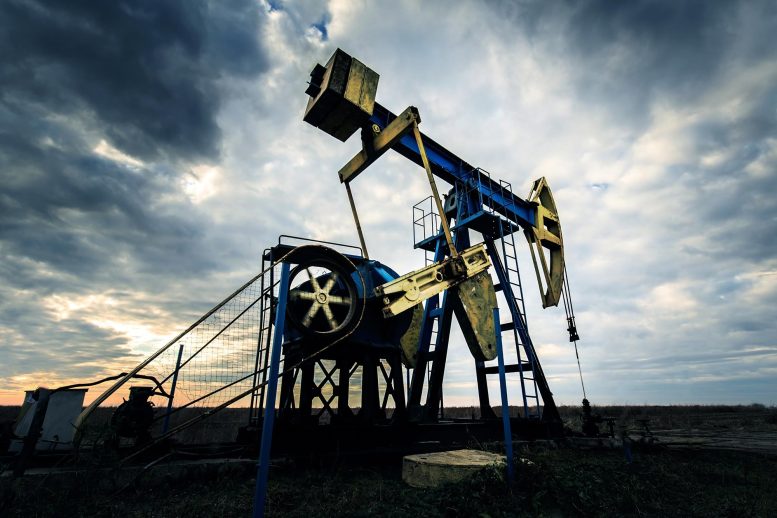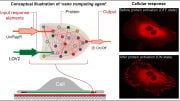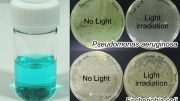
High methane emissions from oil and gas fields undermine the environmental benefits of natural gas.
Scientists report that there are alarmingly high methane emissions from oil and gas fields, undermining the environmental benefits of natural gas, which is transforming the current US energy system.
The scientists, who hold joint appointments with the National Oceanic and Atmospheric Administration (NOAA) and the University of Colorado in Boulder, reported their findings at a meeting of the American Geophysical Union last month. Back in February 2012, a study[1] indicated that up to 4% of the methane produced at a field near Denver was escaping into the atmosphere. Methane is a potent greenhouse gas, and it could be leaking from fields across the US at similar rates, offsetting much of the climate benefit from shifting from coal- to gas-fired plants for electricity generation.
The new data from Colorado supports this earlier work.[1] Preliminary results from a field study in the Uinta Basin of Utah indicate even higher rates of methane leakage, at about 9% of the total production. This is nearly double the cumulative loss rates estimated from industry data, which are higher in Utah than in Colorado.
It’s still unclear whether the high leakage rates in Colorado and Utah are typical across the US natural gas industry, but if this is the case the situation could be dire. The NOAA researchers collected the data as part of a broader analysis of the air pollution in the Uinta Basin, using ground-based equipment and an aircraft to make detailed measurements of various pollutants, including methane concentrations.
The new study relies on carbon isotopes to differentiate between industry emissions and methane from cows and feedlots, which align with the findings from earlier this year. A study[2] by the EDF and Princeton University suggests that shifting from coal-fired generators to natural gas has immediate climate benefits, as long as the cumulative leakage rate is below 3.2%. The benefits will accumulate over time, and are even larger if gas plants replace older coal plants. The EPA estimates that 2.4% of total natural gas production was lost to leakage in 2009.
References:
- “Hydrocarbon emissions characterization in the Colorado Front Range: A pilot study” by Gabrielle Pétron, Gregory Frost, Benjamin R. Miller, Adam I. Hirsch, Stephen A. Montzka, Anna Karion, Michael Trainer, Colm Sweeney, Arlyn E. Andrews, Lloyd Miller, Jonathan Kofler, Amnon Bar-Ilan, Ed J. Dlugokencky, Laura Patrick, Charles T. Moore Jr., Thomas B. Ryerson, Carolina Siso, William Kolodzey, Patricia M. Lang, Thomas Conway, Paul Novelli, Kenneth Masarie, Bradley Hall, Douglas Guenther, Duane Kitzis, John Miller, David Welsh, Dan Wolfe, William Neff and Pieter Tans, 21 February 2012, JGR: Atmospheres.
DOI: 10.1029/2011JD016360 - “Greater focus needed on methane leakage from natural gas infrastructure” by Ramón A. Alvarez, Stephen W. Pacala, James J. Winebrake, William L. Chameides and Steven P. Hamburg, 9 April 2012, Proceedings of the National Academy of Sciences.
DOI: 10.1073/pnas.1202407109









Be the first to comment on "Methane Gas Leaks Undermine Shift to Natural Gas"